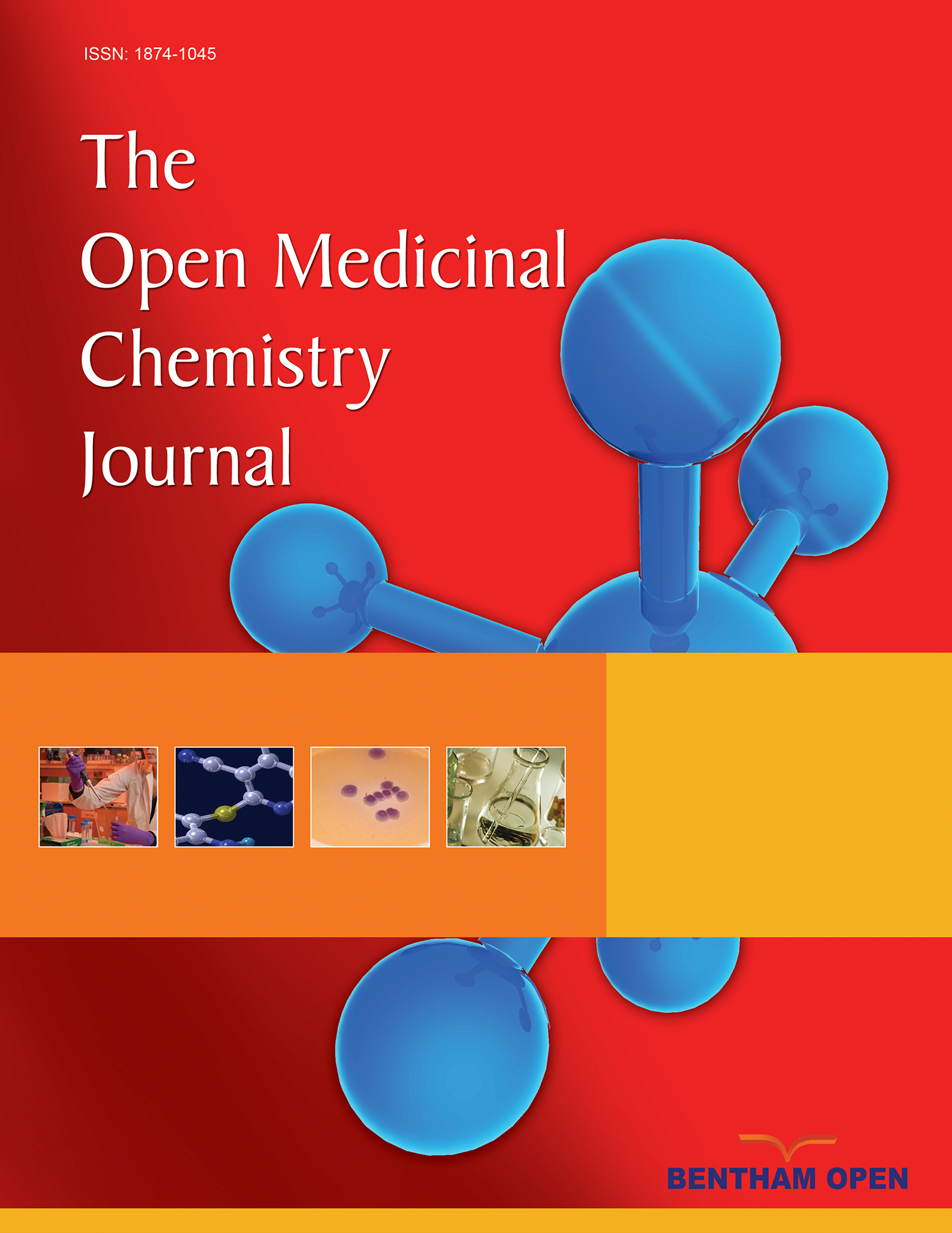All published articles of this journal are available on ScienceDirect.
C4-Substituted Isoquinolines: Synthesis and Cytotoxic Action
Abstract
A facile synthesis of the C4-substituted isoquinolines 5a-c and 6a-c is described. Commercially available 4-bromoisoquinoline is converted to the α,β-unsaturated esters 8 and 10 on treatment with the appropriate acrylate ester under Heck reaction conditions. The saturated amides 5a-c were obtained from the reaction of ester 9 with the requisite primary amine. Similarly the unsaturated analogues 6a-c were prepared by reacting ester 10 with the appropriate amine. The cytotoxicity of the target molecules was evaluated in two tumour cell lines in vitro. Two compounds, 6b and 6c, showed sufficient activity in the human non-small cell lung cancer line NSCLC-N16-L16 to be worthy of further study.


